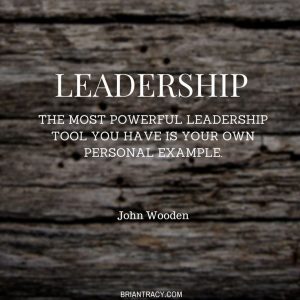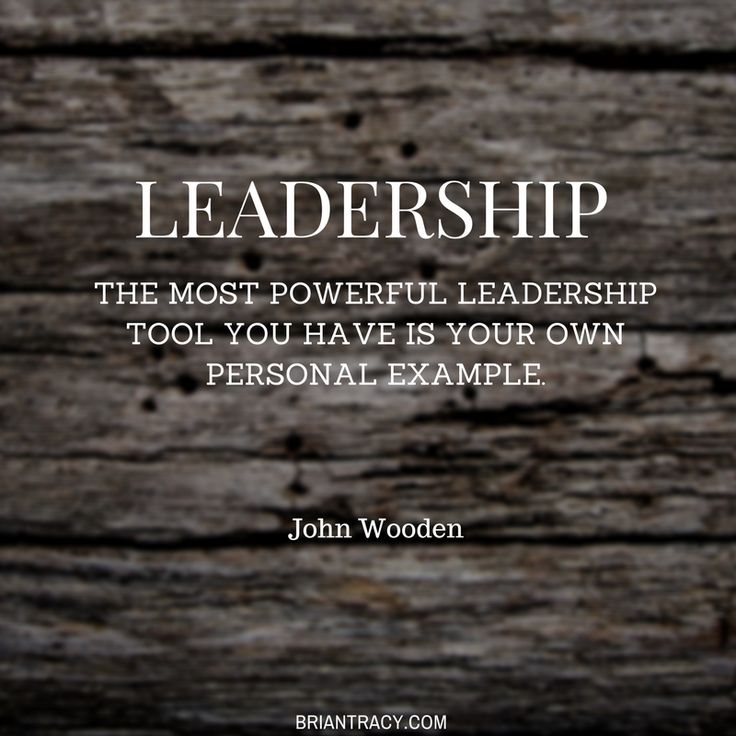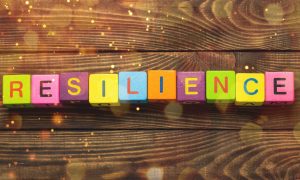
Did you know that one in three students end up transferring after their first year in college? Do you know why that is? Students often focus on which institution is the right match, but don’t carefully evaluate if the institution is the right fit. Let’s break down the difference between “match” vs. “fit.” When researching colleges, it’s important to know which ones are the correct “match,” meaning do your test scores, extracurriculars, and GPA meet the school’s expectations of students who apply? Finding the right college “fit” is a different story. First decide what you want out of your college experience. Ask yourself some of these questions:
Does this school have my preferred major?
Is a football team important?
Does the school have greek life?
What is the student to professor ratio?
What is the size of the school?
Can I bring my car as a freshman?
Are there a lot of campus activities to get involved in?
Is the location of the school a deal breaker for me?
Is there available financial aid?
Is the student body diverse?
Do I feel safe when walking around on campus?
Is there a strong career center to help me find a job after I graduate?
There is not a one size fits all college. These questions are a good starting point, but there are many other questions you need to ask yourself. Know what is important to you in a college experience and decide whether or not the schools on your target list meet your expectations!












